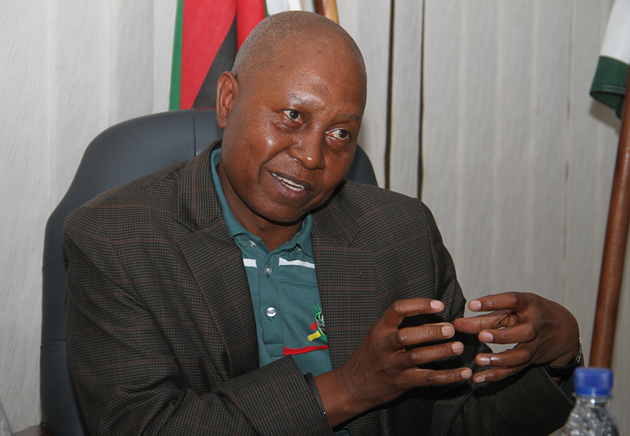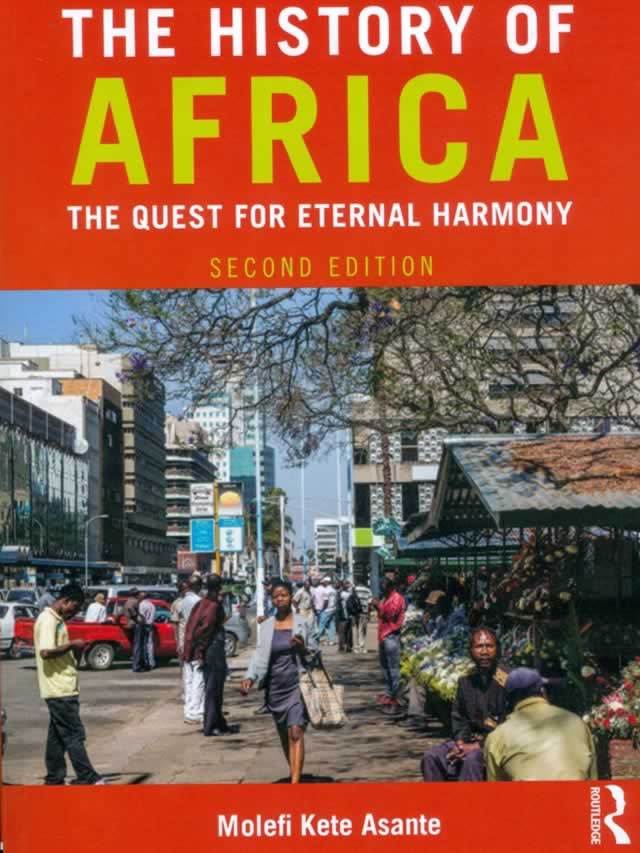Relief for platinum miners

Happiness Zengeni in Victoria Falls
Platinum mining companies can now resume exports of concentrates after they stopped last month following the imposition by Government of a 15 percent tax on unbeneficiated exports.
Zimbabwe Revenue Authority (Zimra) Commissioner-General Gershem Pasi said the authority had agreed at the administrative level to allow platinum miners to export concentrates and that they would be guided by dialogue that the relevant ministries and the mining industry were carrying out.
“We agreed at an administration level to resume exports as we also get money in the process while the implementation of the 15 percent tax will be guided by an industry dialogue. We are cognisant of the fact that we are still to get revenue from the export of concentrates,” he said.
Comm-Gen Pasi said once it was agreed, Zimra would use the schedule of exports to levy the tax.
This comes after Mimosa Mining Company, Unki Mine and the country’s biggest platinum producer, Zimplats, stopped exporting platinum concentrate last month to avoid paying a 15% tax they said compromised viability and eroded profits.
Weak economic performance and falling demand for vehicles have sent platinum prices plummeting, badly impacting on platinum producers.
Mines and Mining Development Minister Walter Chidhakwa, however, said there was need for continuous dialogue in the platinum sector.
He insisted on a credible position that gave direction on the plans for a platinum refinery.
Minister Chidhakwa said this while giving a keynote address at the 76th Chamber of Mines annual conference at the Elephant Hills Resort in Victoria Falls.
“In 2013, we gave notice that the Ministry of Finance will in 2015 charge a 15 percent export tax on our unbeneficiated platinum. We defined at that stage value-addition to mean going through the stages of smelting. We therefore waited to see what the companies would do,”said Minister Chidhakwa.
“I want to report that nothing happened during that period. The pressure to find out what’s happening on the value-addition of platinum continues to build up,” he said.
“When 2015 came, the Finance Act came up with a position that said 15 percent will become chargeable and at that point all hell broke loose because we realised that our companies in the platinum sector had not done much to achieve that objective.”
Minister Chidhakwa said he had discussed with each of the companies in the sub-sector and discovered that Zimplats was the only company which had the capacity to meet the expected stage of value-addition.
“I want us to continue that dialogue. The dialogue must give us results. I am not happy with the fact that platinum concentrates have been stopped from going out,” he said.
“The fact that we are charging 15 percent does not mean that companies must not continue to export. If companies want to continue to export, they should be able to export,” said the Minister.
“I want to call upon the Zimbabwe Revenue Authority to enable companies to export so that we are able to have money and then if we have not finalised, they can charge the 15 percent. I’ve been in discussions with Zimra, that the matter is resolved,” he said.
Government has over the past few years tried with little success to nudge platinum mining companies to add value to the mineral prior to export to optimise returns, both for the companies and State coffers.
Former Mines and Mining Development Minister Obert Mpofu at one point gave the mining companies a two-year ultimatum to set up refinery facilities after which all raw exports of the mineral to South Africa’s rand refinery would be stopped.
Platinum, together with gold, contribute more than half of the country’s close to $2 billion annual mineral exports and foreign exchange inflows. Mining constitutes about 16 percent of Zimbabwe’s gross domestic product.








Comments